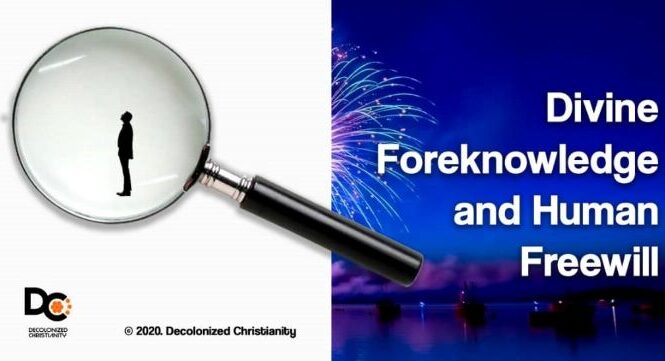In this installment, we continue our investigation of some problematic passages that are often used to support deterministic theology.
You do not believe because you are not my sheep
Another passage often used to support the doctrine of predestination is that of the good shepherd and his sheep found in John 10, where Jesus uses an imagery that his audience would have easily understood. He teaches that, as a good shepherd, he knows his sheep and his sheep know him. This seems to imply that there was then a select group of people who had an intimate relationship with Jesus. In fact, Jesus says that he knows this people as intimately as he knows the Father (10:15). Jesus also says that there is another set of sheep that belonged to a different fold which he intends to bring in as well (10:16). The Pharisees later asked him to speak plainly on his identity as the promised Messiah. Jesus replied thus: “I did tell you, but you do not believe. The works I do in my Father’s name testify about me, but you do not believe because you are not my sheep. My sheep listen to my voice; I know them, and they follow me” (10: 25-27). Read deterministically, one would take Jesus as saying that the reason some people will not believe for salvation is because God did not make them his sheep. That is, God rejects the non-sheep (or goats). This is an incorrect reading of the text.

